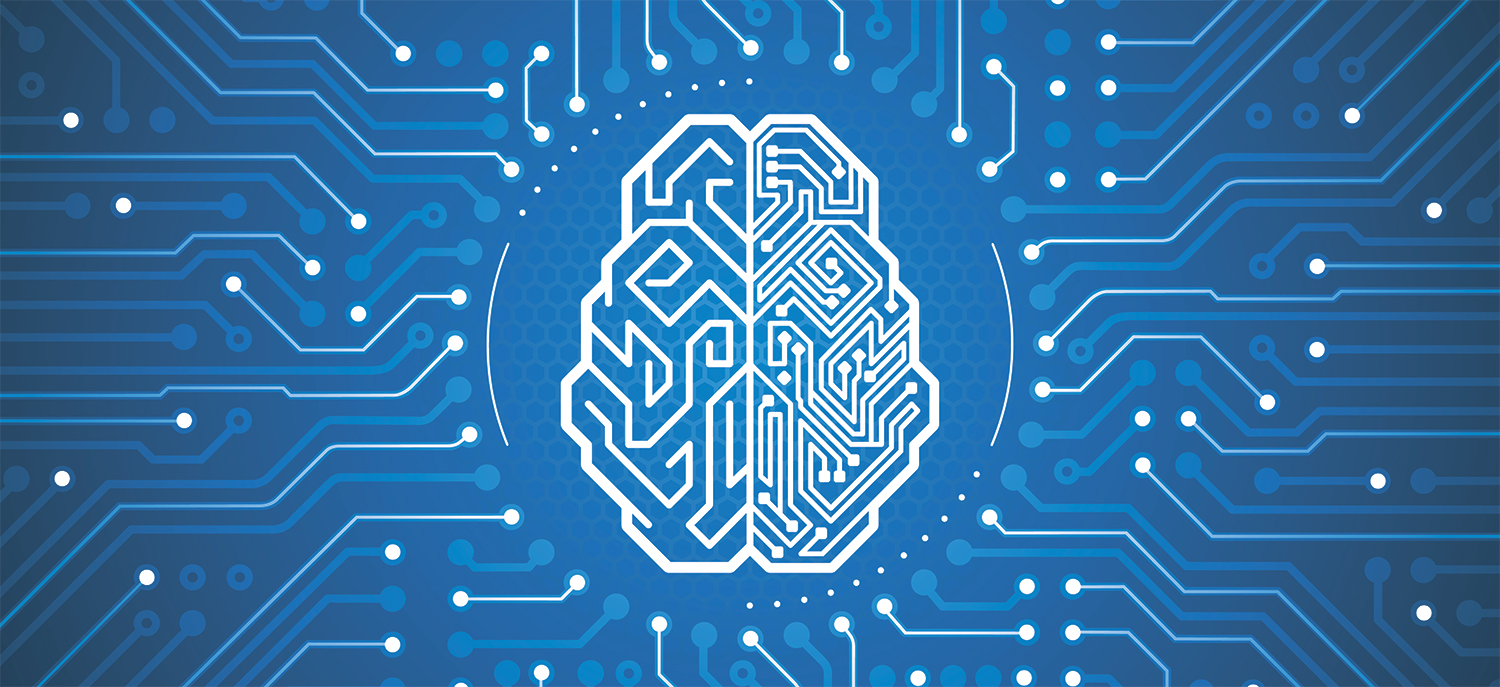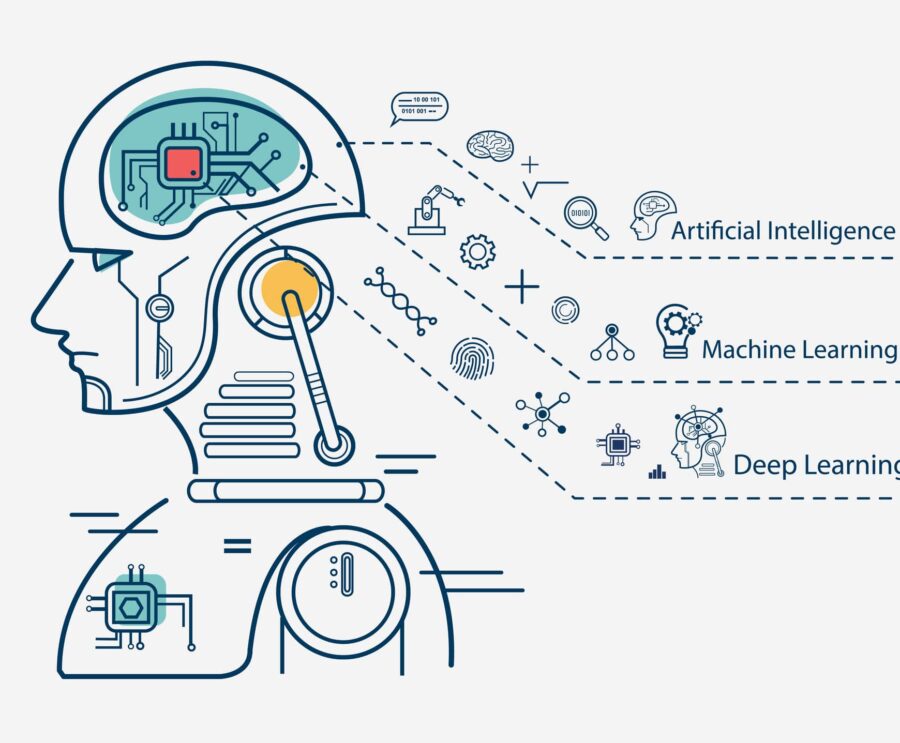
Google AI Unveils AGREE: A Novel Framework to Reduce LLM Hallucinations
Google AI has introduced a groundbreaking machine learning framework called AGREE (Adaptation for Grounding Enhancement), designed to mitigate the issue of hallucinations in large language models (LLMs). Hallucinations occur when LLMs produce responses that are incorrect or nonsensical, particularly in contexts requiring extensive world knowledge.
 Image: AI Research
Image: AI Research
Addressing the Challenges of Hallucinations
The phenomenon of hallucinations is particularly problematic in domains like news reporting and education, where factual accuracy is paramount. Traditional methods to mitigate these errors include post-hoc citing and prompting-based grounding. However, these approaches have limitations. Post-hoc citing involves adding citations after generating responses, but this approach is limited by the LLM’s existing knowledge base. Prompting-based grounding, which relies on the model’s instruction-following capabilities, often fails to meet the high standards of factual accuracy required in real-world applications.
The AGREE Framework
AGREE introduces a learning-based framework that allows LLMs to self-ground their responses and provide accurate citations. During its training phase, AGREE fine-tunes LLMs using synthetic data from unlabeled queries. This process enables the models to self-ground their claims by adding citations to their responses. At test time, AGREE employs an iterative inference strategy, allowing LLMs to seek additional information based on self-generated citations, thereby refining their answers continuously.
 Image: Machine Learning
Image: Machine Learning
Effectiveness and Robustness
Experiments conducted across five datasets have shown that AGREE significantly improves grounding and citation precision compared to baseline methods. The framework has demonstrated over 30% relative improvements in grounding quality. AGREE’s robustness is evident as it performs well even with out-of-domain data, indicating its versatility across different question types, including those requiring knowledge outside the model’s training data.
Experimental Validation
AGREE’s effectiveness was validated through comprehensive experiments using both in-domain and out-of-domain datasets. The tuning data was created using queries from datasets like Natural Questions, StrategyQA, and Fever, which provide diverse text and require different reasoning processes. AGREE adapts the base LLM using in-domain training sets and tests the model on out-of-domain datasets to evaluate its generalization capabilities.
 Image: Google AI
Image: Google AI
Conclusion
The introduction of AGREE marks a significant step forward in addressing the issue of hallucinations in LLMs. By enabling LLMs to self-ground their responses and provide precise citations, AGREE increases user trust and expands the potential applications of LLMs in various fields requiring high factual accuracy. As LLMs continue to advance, innovative solutions like AGREE will play a crucial role in ensuring the accuracy and reliability of AI-generated content.















